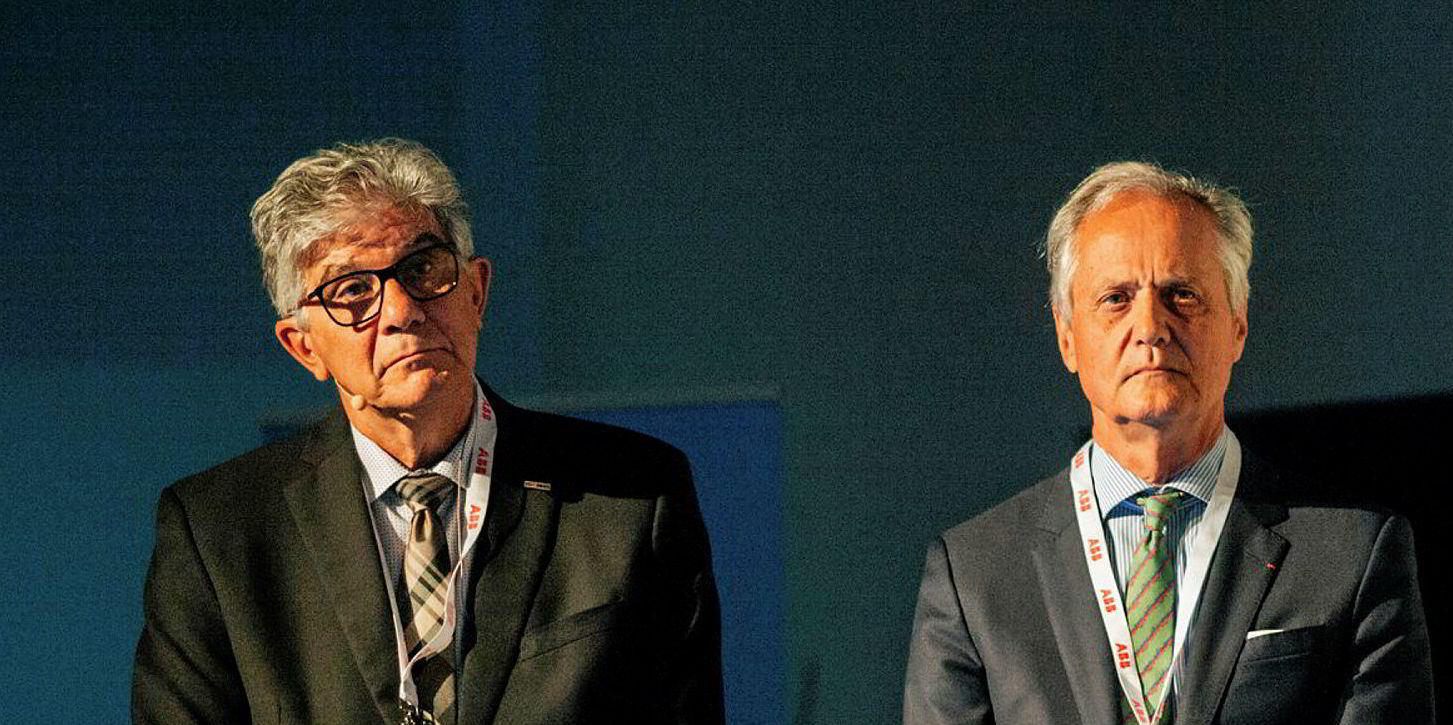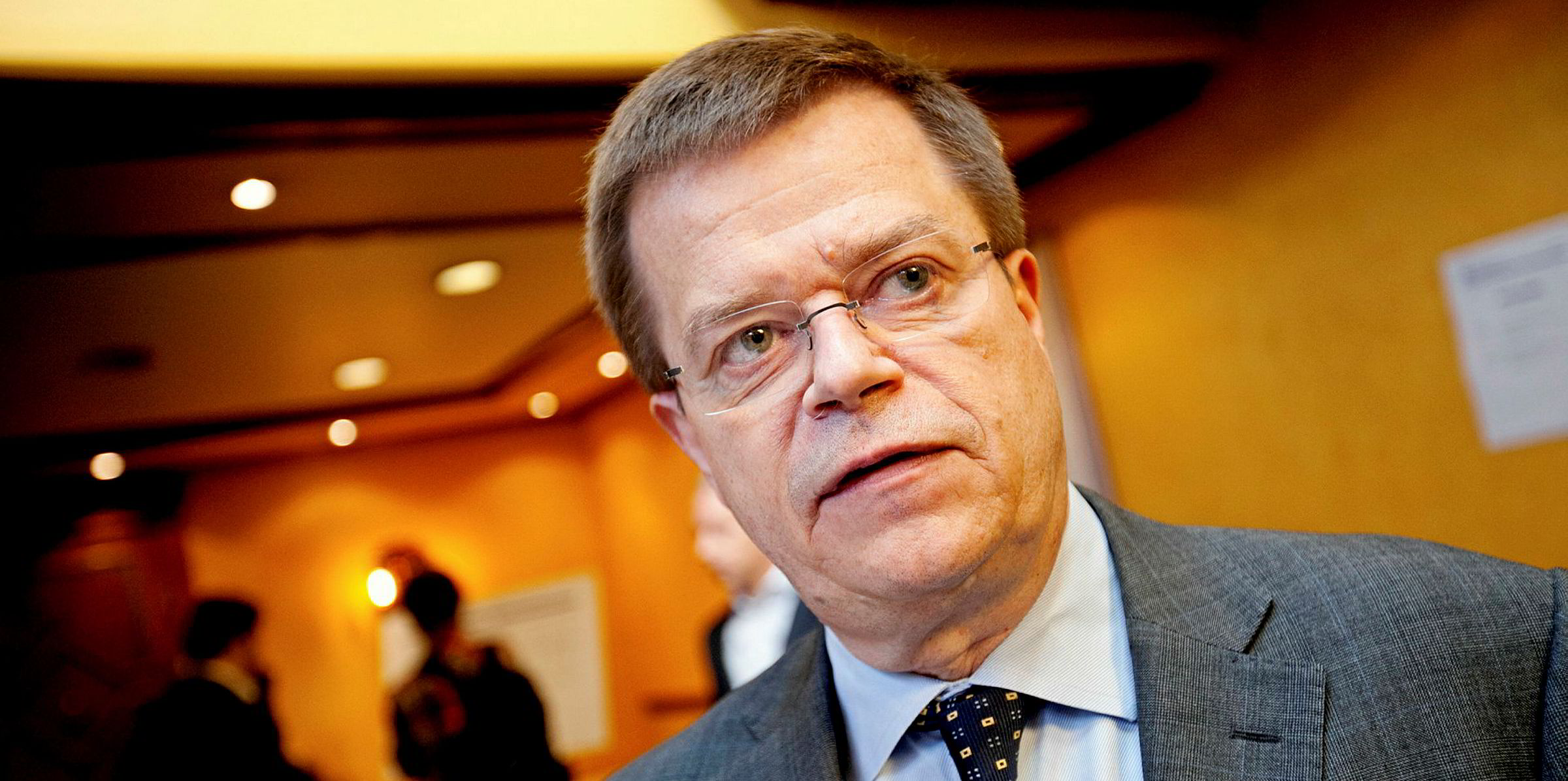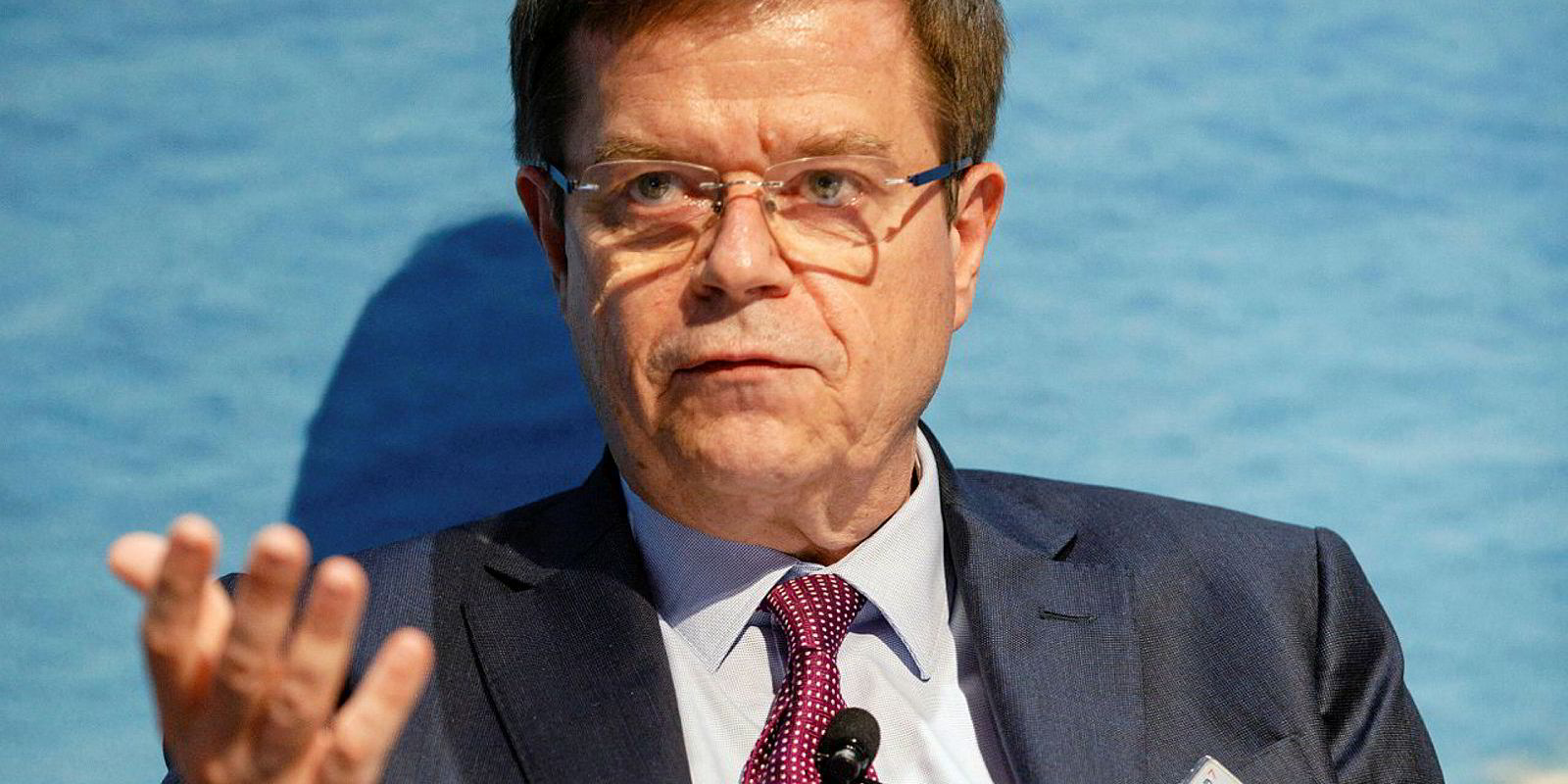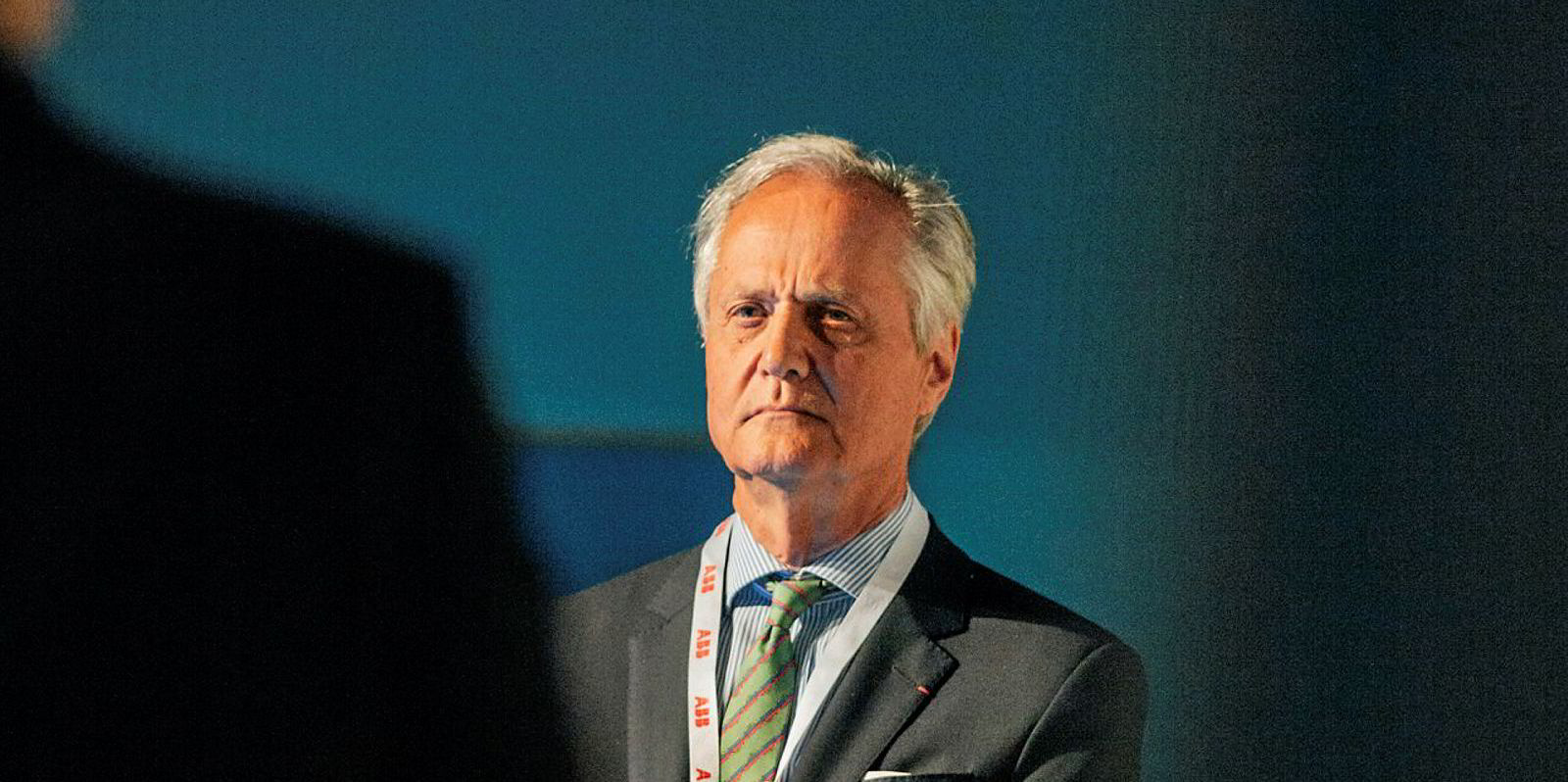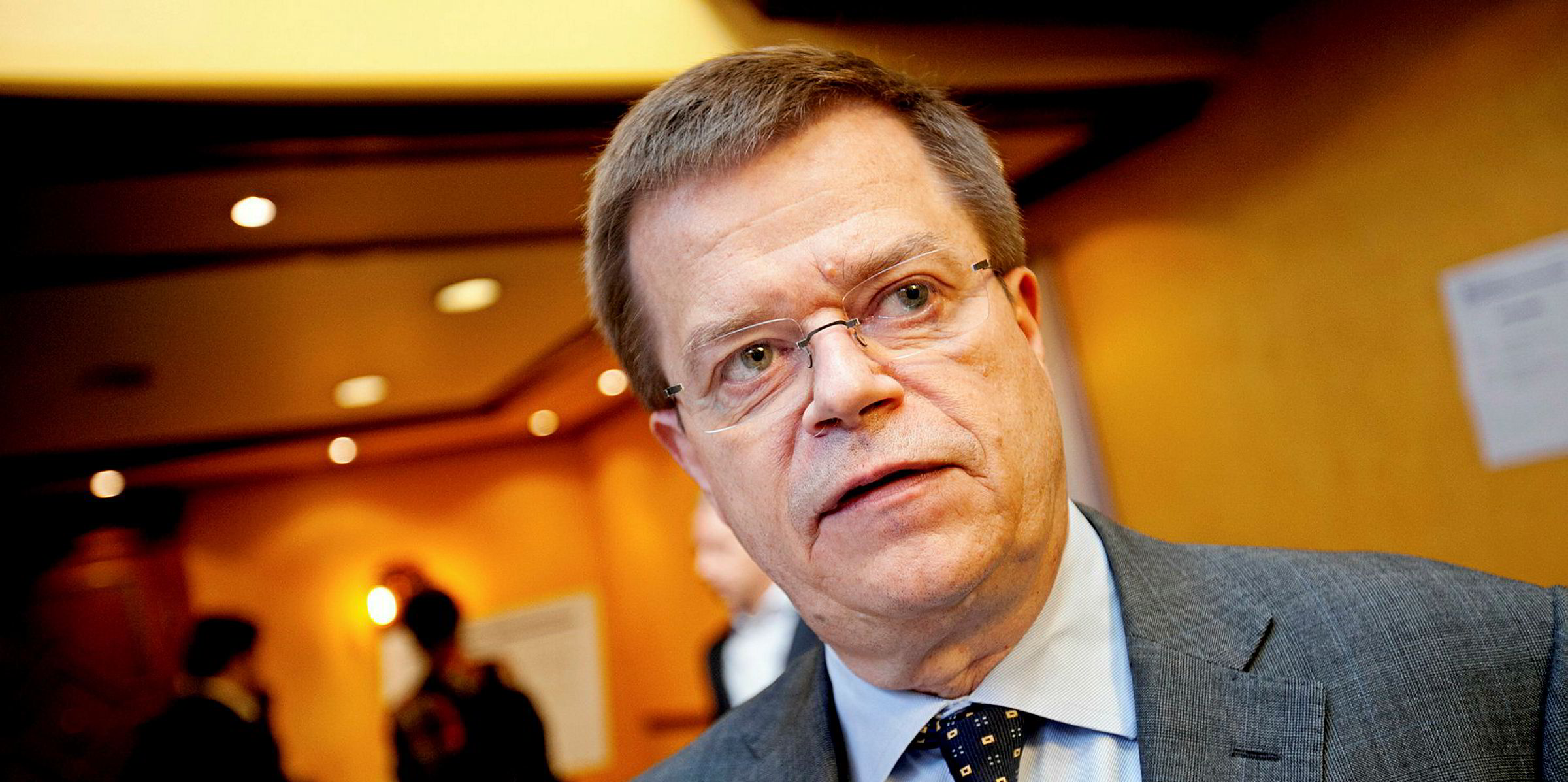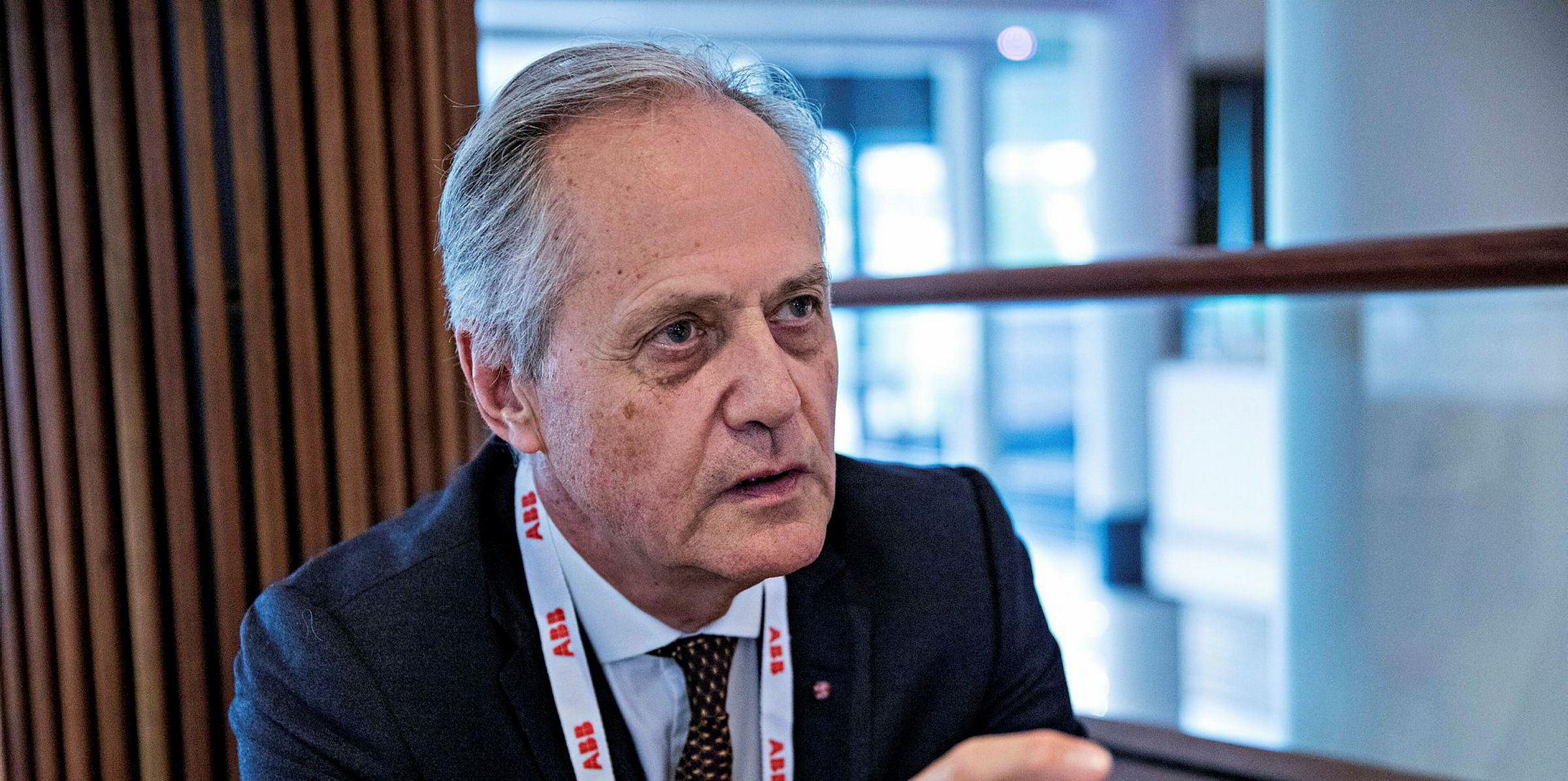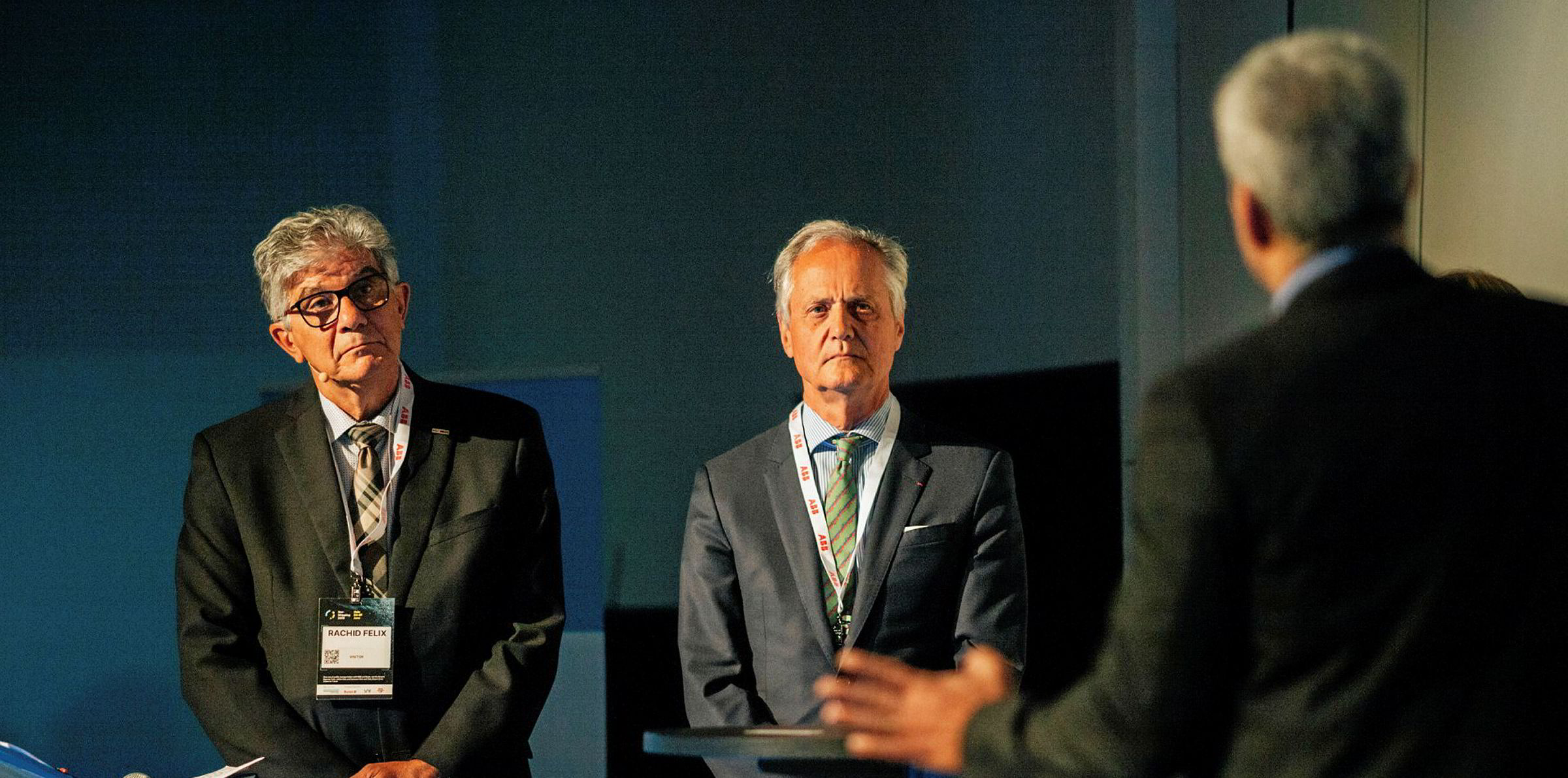A massive impairment charge related to weak pricing in the offshore wind turbine foundation market caused Subsea 7 to fall a loss in 2019.
The offshore construction vessel owner's net loss for the full year 2019 was $82m or a loss of $0.27 per share, compared to $165m profit in 2018, equal to $0.56 in earnings per share.
It was during the final quarter of 2019 that Subsea 7's bottom line felt the most impact.
The Oslo-listed owner booked a goodwill impairment charge of $100m during the period, which it said is related to "weakness in the wind turbine foundation market", caused by increased competition.
Excluding this charge, Subsea 7's net income for the year was $18m, which is down from the $165m profit seen in 2018.
The impairment charge pushed the company's net result for the fourth quarter to a $129m loss, compared to $32m in profit a year earlier.
"In renewables and heavy lifting, our cable-lay vessels continue to deliver good utilisation, but the foundations market remains competitive," chief executive John Evans said in Subsea 7's year-end report.
Activity
Subsea 7 said that "significantly lower" activity levels within renewables and heavy lifting were offset by "good progress" on projects within its subsea umbilicals, risers and flowlines (SURF) and conventional business segments.
Total vessel utilisation was 66% in the fourth quarter, down by 4% compared to the same period in 2018.
Subsea 7 said the slight drop in utilisation reflects "greater seasonality in the North Sea and low levels of wind turbine foundation activity in the renewables and heavy lifting business".
The owner's fleet comprised 35 vessels at the end of 2019, including the PSLV vessel Seven Vega, which is under construction and due for delivery this year, plus two stacked vessels.
Outlook
Subsea 7 said in November that it expected its 2019 results to be muted compared to 2018, but said that revenue and profit should bounce back in 2020.
The company reiterated these expectations in its year-end report and said it expects its adjusted Ebitda result to be higher than in 2019, "driven by an increase in activity in key markets".
However, its adjusted Ebitda margin is expected to remain "relatively subdued, as projects awarded with competitive pricing progress to offshore execution".
The company said it has won awards for a number of front-end engineering design (FEED) and SURF contracts in 2020 so far.
"The continued improvement in the deepwater oil and gas markets this year has supported increased tendering activity and a gradual improvement in pricing compared to 2018," Subsea 7 said in its report.
It said it is "working on" additional tenders in this area worth around $11bn in total, up from approximately $9bn at the same time last year.
But pricing remains under pressure for its renewables and heavy-lift businesses, due to increased competition, Subsea 7 said.
"While demand for offshore wind turbine services is growing in support of the transition to low-carbon energy production, continued competition in the foundations market continues to negatively impact pricing," Subsea 7 said.
"This is expected to improve in the longer-term as the market rebalances."
Evans, who was previously Subsea 7's chief operating officer since 2005, became chief executive at the end of 2019 when Jean Cahuzac retired.
